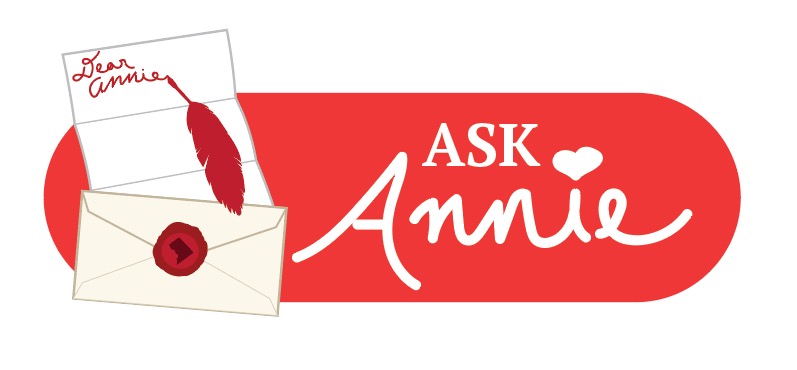Facing a problem yourself? Annie has answers. Ask away!

Dear Annie,
How does my friend group cut off this one girl? We all agree that she isn’t a great friend and doesn’t make us feel good, but we don’t want to hurt her feelings.
Help please,
Bubbles McFluff
Dear Bubbles McFluff,
I hate to burst your bubble, but there is almost no way for a group of people to cut a friend off without hurting their feelings. Even queen bee Regina George wished for the world to burn when the Plastics ousted her.
Consider whether any aspects of groupthink are involved. Is one person leading the revenge party to cut the person off? Can you describe an instance where she made you feel bad? When you hang out with her individually, do you leave feeling different about her than when you see her with the group? Even Cady Heron empathized with Regina when seeing her without the Plastics’ armor.
If your answer to any of those three questions is an emphatic no, you might not have to — or want to — end the friendship. If your friend group has burn-book-level feelings of resentment towards her, she might not be able to hang out with them anymore. Nevertheless, you could develop an independent relationship without going through the pain of cutting her off.
But if you have thoughts of going no-contact independently and can pinpoint times she’s hurt your feelings, the situation sounds like it is much deeper than a groupthink situation. Cutting off a toxic friend, though challenging in the moment, tends to benefit us in the long term.
To end a friendship as a group, you have two options: make a clean break or quit quietly. Making a clean break requires engaging in conversation with the person. Group conversations may make the friend feel like everyone is ganging up on them, especially if you aren’t offering another chance at friendship.
A conversation about ending a friendship is more carefully done one on one. If there is truly no groupthink involved – and you can describe times the friend upset you – consider having a conversation between you and her. Explain how her behavior has made you feel, focusing less on listing everything she’s done wrong and more on the emotional toll on you. You could mention you don’t want to be around someone who makes you feel bad about yourself. A single thoughtful, individual conversation may help them understand their position in the group has changed.
This ending is much more final. Cady sought a clean break with Regina, admittedly through a poorly-timed school bus instead of a considerate conversation. Though the two found peace with each other, they never became friends again.
If you want a less confrontational route, slowly diminish contact with the friend, like avoiding making plans or responding slowly to their texts. Gradually reducing contact mimics naturally growing apart. Cady took this path with Janis and Damian, slowly spending more time with the Plastics. Though it hurt Janis and Damian, resulting in a blow-out fight outside Cady’s house, the trio eventually rebuilt their friendship.
No matter how you move forward, consider your friend’s perspective. It hurts to be dumped by one friend, but it would feel even worse to be dumped by a whole group at once. Avoid flaunting your still-strong friend group on social media, and don’t expect them to smile in your direction if you see each other on campus.
Bursting your friendship bubble,
Annie

